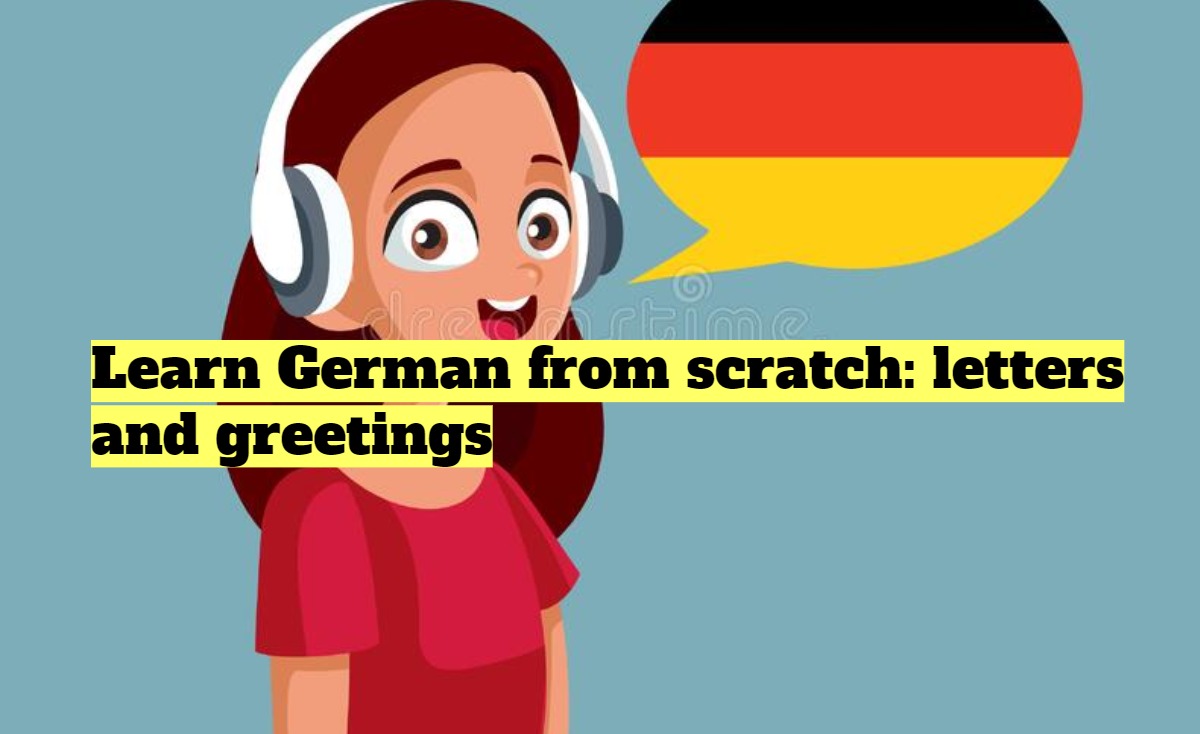The German language, as you know, has become one of the most important
languages in the world, due to Germany's economic position.
There are three countries that speak German, one of the largest economic
countries in the world, Germany, Switzerland, Austria, which made many
students and non-students accept to learn it, whether for the purpose of
studying or immigrating to these countries. If you are interested in studying
the German language and starting to learn it, you are in the right place, as
we will put in your hands lessons and books, the basics of this language,
starting from self-introduction and letters, to building complete sentences
and conducting simple dialogues in the German language. With books and videos
that help you learn German books in a fast and excellent way.
:First letters of the German language
A, B, C, D, E, F, G, H, I, J, K, L, M, N, O, P, Q, R, S, T, U, V, W, X,
Y, Z
Italics are letters with two dots to ease pronunciation
Ä Ö Ü
The letter ß, which is one of the letters of the German alphabet, reads as the
letter "S" is read in English
You can listen to the pronunciation in this video
:Second, greetings in German
It's the most important formal greeting in German, and you can use it all
day long. There are other greetings that are suitable for
different times of the day
Until about eleven o'clock - Guten Morgen
From about six o'clock in the evening - Guten Abend
A formal greeting is to extend hands for a handshake and to look each other
in the face in a friendly manner.
This is how you can greet friends, acquaintances, and younger people, and
you can even greet them with a smile, wave your hand, or nod your head to
them.
Some people greet each other by hugging or kissing on the cheeks.
auf Wiedersehen - Bye - said face to face
auf Wiederhören - Bye - said on the phone
You can listen to these greetings and learn their pronunciation from this
video
Third, the personal pronouns in the German language
Sie - (you in the respectful form) for the singular and plural - and
begins with a capital letter, whatever its position in the sentence
And you can listen and learn the pronunciation from this video:



